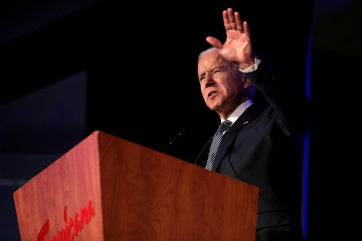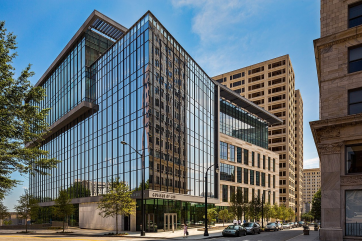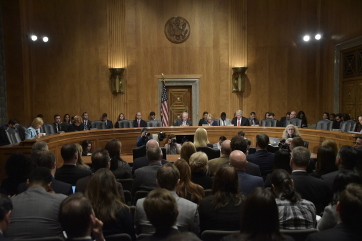Texas Public Schools and Colleges Prepare Implementation of Anti–Diversity, Equity and Inclusion Bill
By Joy LiwanagAs the clock strikes midnight on January 1, 36 public four-year universities in Texas will usher in not just a new year but also the implementation of Senate Bill 17 (SB 17), a controversial anti-diversity, equity, and inclusion (DEI) legislation. The fallout from this law has created a complex web of responses, leaving institutions grappling with how to navigate the intricacies of compliance and the impact on campus life.

Varied Preparations Across Texas Campuses
The lead-up to the implementation of SB 17 has been marked by a diverse range of preparations among Texas universities. Some institutions, acting swiftly after Governor Greg Abbott signed the bill in June, immediately dismantled DEI-related offices, including multicultural and LGBTQ+ resource centers. Others find themselves in a state of uncertainty, unsure of the actions to take as the January 1 deadline looms.
Inside Higher Ed's investigation reveals a disparate landscape of campus policies and procedures aimed at aligning with the new law. The lack of uniformity underscores the challenges in implementing SB 17 and its potential to create a patchwork of approaches across the state's higher education institutions.
READ ALSO: Utah Governor Cox Discourages College Presidents From Political Statements
Statewide Guidance and Systemwide Changes
Beyond individual campus actions, most of Texas's higher education systems, including the University of Texas system, the Texas A&M system, the University of Houston system, and the University of North Texas system, released systemwide guidance for SB 17. These documents address frequently asked questions and shed light on permissible actions under the new law. Some institutions had already initiated changes prior to the bill's passage, removing DEI statements from hiring and admissions resources as early as February.
It's noteworthy that SB 17 does not impact student organizations, allowing them to host events and activities based on race, sexual orientation, and national identity, even as universities are barred from sponsoring such events. This places a heightened responsibility on student groups to continue cultural traditions once overseen by DEI offices.
Challenges for Student Organizations
The shift in responsibility for organizing events has begun in some institutions, with LGBTQ+ student organizations taking charge of activities previously managed by DEI offices. However, the added responsibility poses challenges for student leaders juggling academic commitments, employment, and extracurricular activities. The burden on these organizations raises questions about the sustainability of these traditions and the broader impact on campus culture.
Lack of Inclusion in Decision-Making
Students and former DEI staffers have voiced concerns about being excluded from discussions regarding the changes made at their universities. The University of Texas at Austin, for example, faced criticism for limited communication with students about changes, with some feeling the university failed to consider their perspectives.
Former DEI office staff members, such as Gilbert Carrasco at Texas Tech University, reported abrupt closures without input on the relocation of resources. This lack of transparency raises concerns about the accessibility of critical information, such as materials related to LGBTQ+ students' health and well-being.
Uncertainty About Permissible Language and Actions
As the January 1 start date approaches, confusion persists among students and staff regarding permissible language and actions under SB 17. The law's impact on expressions of diversity, equity, and inclusion remains unclear, with some fearing the use of these terms could run afoul of the legislation.
An employee at Texas A&M University at Corpus Christi expressed concern about using words like "diversity, equity, and inclusivity," suggesting that these terms might be viewed negatively. This uncertainty underscores the challenges institutions face in maintaining an inclusive environment while adhering to the letter of the law.
As Texas universities grapple with the implications of SB 17, they find themselves navigating uncharted territory. The varied responses, challenges faced by student organizations, and concerns about inclusivity underscore the need for ongoing dialogue and adaptation. The post-SB 17 landscape in Texas higher education prompts critical reflections on the delicate balance between legislative compliance and the preservation of an inclusive and diverse campus environment.
RELATED ARTICLE: Oklahoma Governor Signs Order Banning Diversity Programs At Public Colleges And Universities








